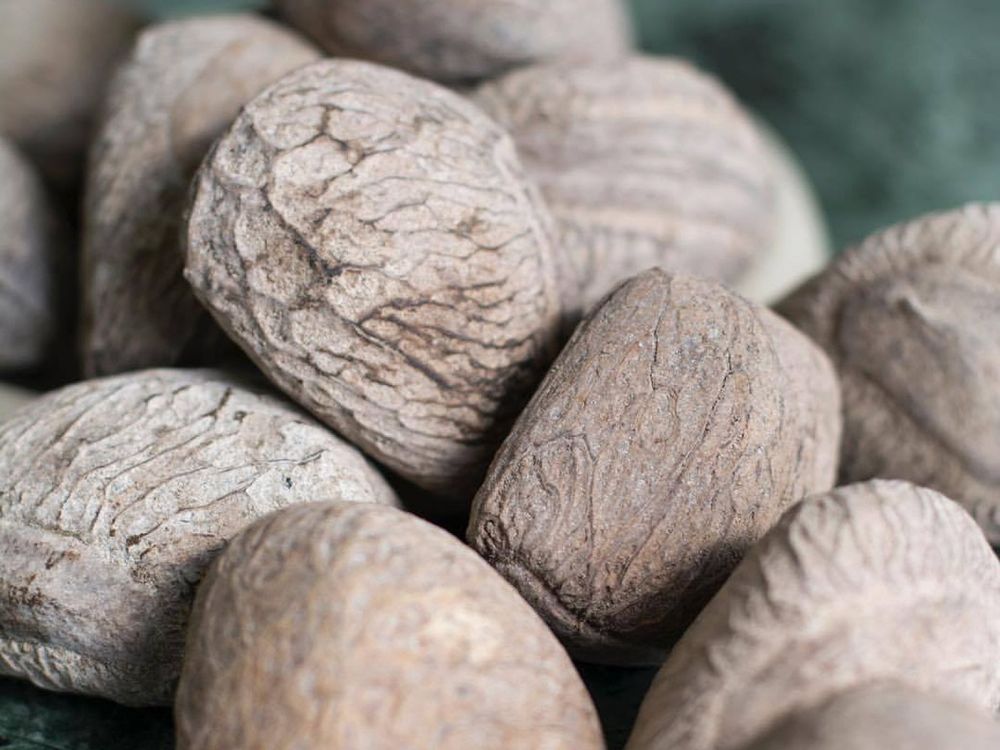Peranakan Cuisine and the Art of Patience
2 AUG 2023
In this one-click, on-demand world, traditional Peranakan cuisine presents a very different kind of gratification: a feast crafted not in haste, but through the unhurried art of patience and precision.
It’s a deeply traditional approach that blends Chinese, Malay, and Indonesian food culture, reflecting the multicultural heritage of regions such as Penang, Malacca, Singapore, and Indonesia. Known for its complex flavours, it requires hours or even days of careful preparation and slow cooking.
Chef Malcolm Lee is Singapore's custodian of Peranakan cuisine. He has a profound respect for the effort invested in cooking a grand feast. "When you put in a lot of time to cook for something or someone, you must be a supremely patient and generous person," he remarks.
To him, it's a testament to the cook's affection for their guests. His words mirror the soul of a Peranakan household, reflecting the love that goes into each dish.
He adapts labour-intensive processes from traditional Peranakan home cooking for his Michelin-starred restaurant Candlenut and newly-opened Pangium. "We re-engineer procedures from preparation to cooking to storing to reheating," he says, maintaining efficiency without compromising authenticity.
Chef Malcolm describes how buah keluak, the black nut, is prepared over five days. The process involves washing, scrubbing, and soaking the nuts, with daily water changes to ensure proper rehydration.
Even preparing the rempah or spice paste is time consuming. "You have to peel everything and pound it until it's fine enough. And it's always never fine enough," he laughs, "so you have to keep pounding."
It's a process he describes as a lesson in patience. "You can't rush it. The moment you go fast, you can't pound it well. You need a rhythm, and you have to take it step by step, ingredient by ingredient." This attention to detail and dedication to slow, methodical processes can stretch the preparation to almost a week.
Peranakan cooking has taught Chef Malcolm that success in life and business requires time, layering, and a strong foundation. "Success doesn't come within the first five or ten years. But if you layer it or let it marinate, taking time to build the right foundation and components, patience pays off."
He believes that we need to go through seasons—to experience things and apply what we learn with each new challenge. "Some things just take time," he wisely observes.
Experience Chef Malcolm's labour of love that is Peranakan cuisine. Enjoy Peranakan favourites at Candlenut or embark on a journey through Straits Cuisine at Pangium.









